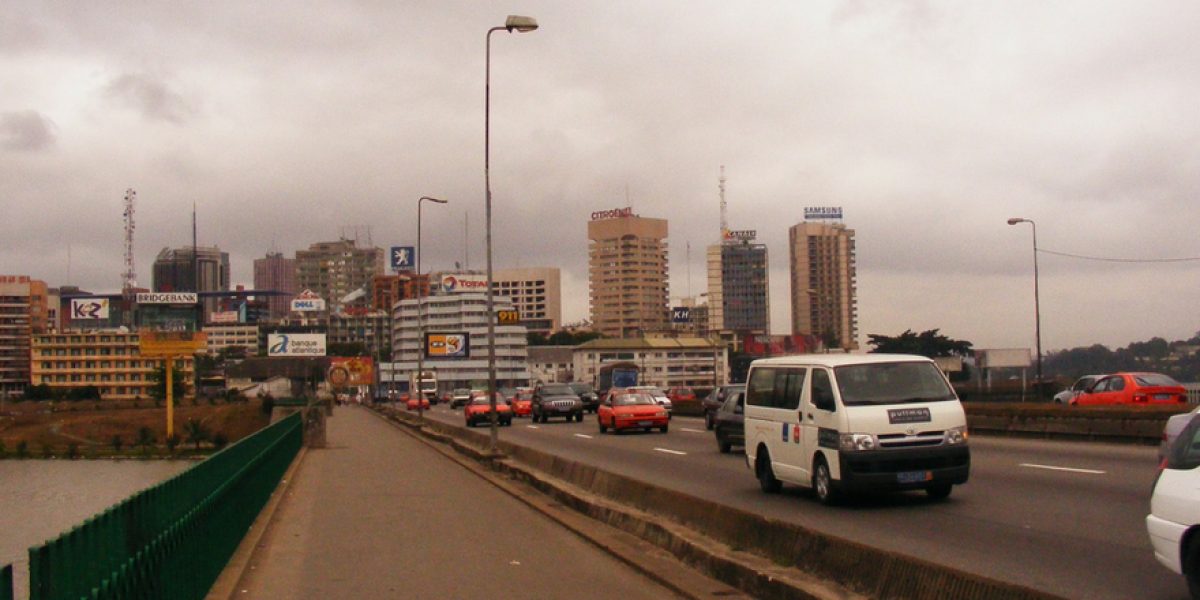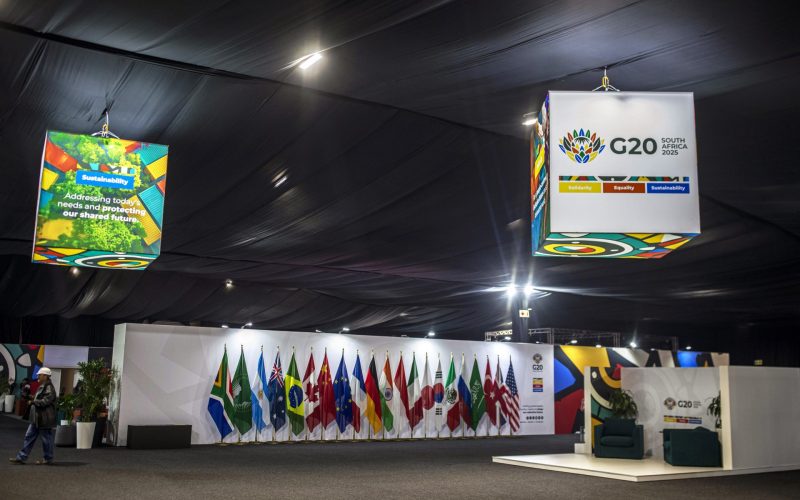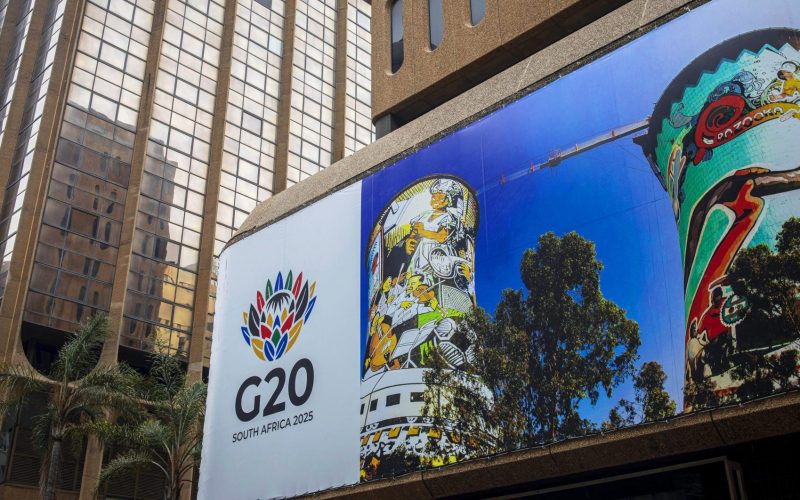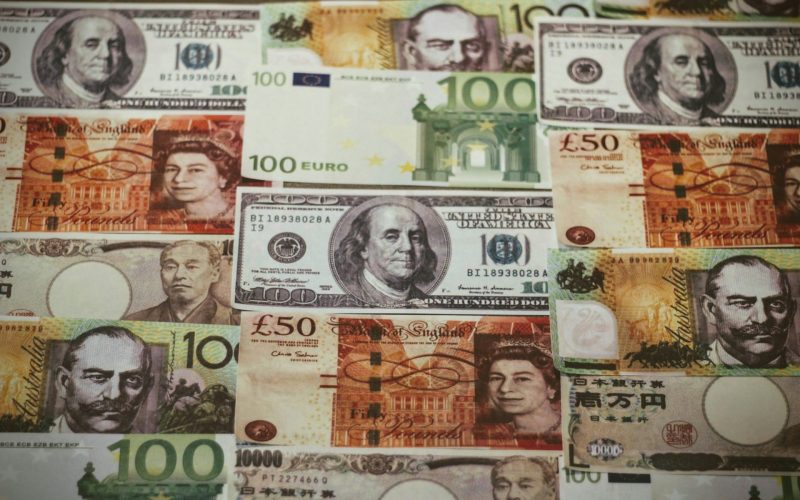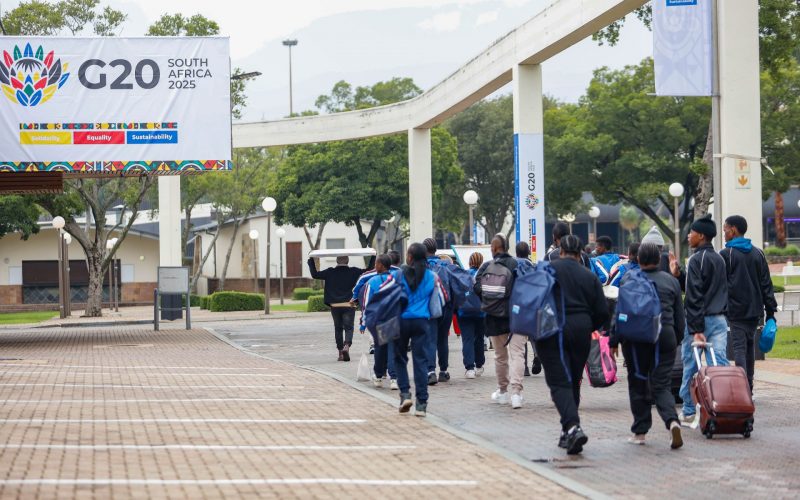Under Houphouët-Boigny the country encouraged migration by opening up its borders to neighbouring countries and actively linking France to the region. However, after his death the country fell into a cycle of crises characterised by political and economic instability as a result of coups d’état and civil war. This saw the country’s influence decline in West Africa and beyond. Côte d’Ivoire’s diplomacy and foreign policy is embedded in key documents such as the country’s constitution, Act 2007-669 and Decree 2011-248. This is indicative of its aspirations as an influential political and economic actor in the region.
Since the election of President Alassane Ouattara in 2011 Côte d’Ivoire has slowly re-emerged as a stable regional and international actor. The country has sought to improve relations with neighbouring states, focusing on the policy of ‘good neighbourliness’, which entails fostering regional stability and economic prosperity through dialogue. The country has re-established itself as a key player in regional forums such as ECOWAS and the West African Economic and Monetary Union. On a continental level, critics had predicted that relations between Côte d’Ivoire and South Africa would sour due to former president Thabo Mbeki’s support for Laurent Gbagbo, Ouattara’s predecessor. However, relations between the countries have remained stable, indicating Côte d’Ivoire’s commitment to strengthening its regional and international diplomacy.
However, the country also needs to strengthen its governance and economy, and improve the living standard of its people while more firmly establishing itself as an influential regional, continental and international actor.


